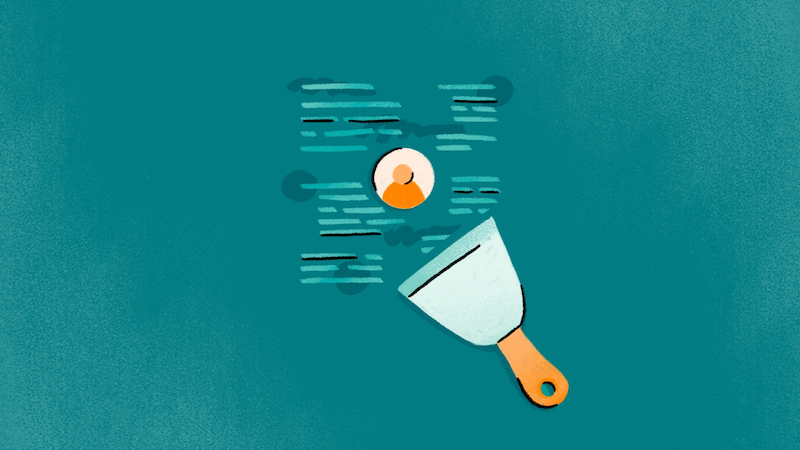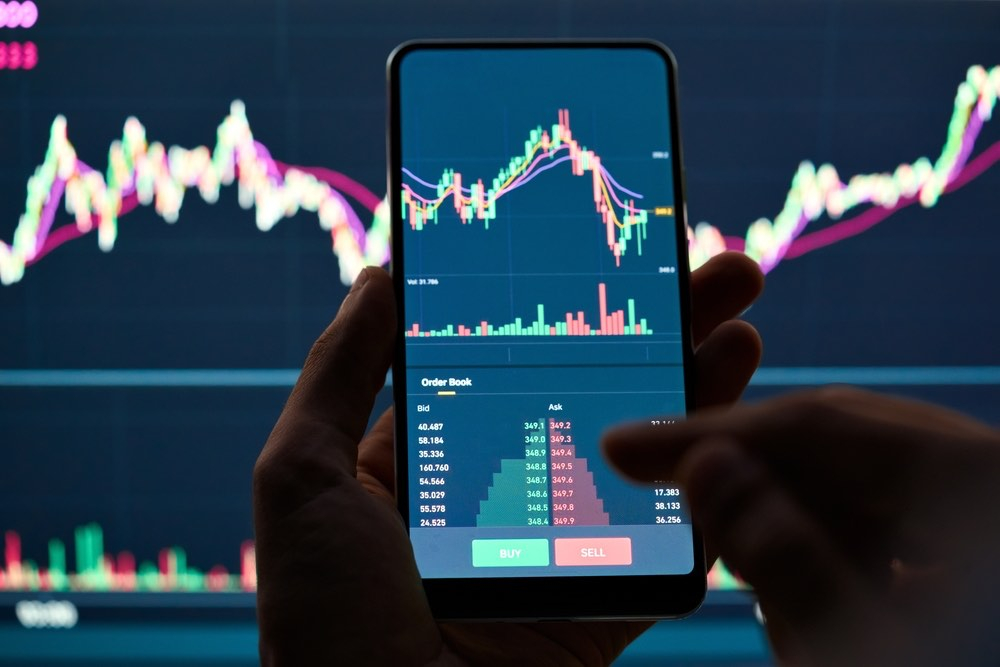Meta wants to prevent unauthorized data scraping
Facebook wants to protect its platform against unauthorized data scraping. For this purpose, the Facebook identifiers are provided with a time stamp, among other things.
Unauthorized data scraping on social networks can have quite unpleasant consequences for users. It is not uncommon for hackers to use captured email addresses for phishing attacks, for example. But passwords can also fall into the wrong hands in this way.
Facebook wants to better protect its users from this in the future. To this end, the social network intends to have the previously used Facebook identifiers work pseudonymously in the future.
What distinguishes the new Facebook identifiers from the old ones?
Identifiers are used in URLs to uniquely assign content. On Facebook, for example, this can be people, but also posts, pictures and videos.
The identifiers on Facebook were previously called FBIDs. The social network used them to “load content for people”.
According to Facebook, the new Facebook identifiers are part of “an ongoing series to combat data abuse”. They will receive an additional letter and will be called PFBIDs in the future.
Meta
With the pseudonymised Facebook identifiers, the social network combines the previous FBIDs with a new type of time stamp.
What does Facebook intend to do with this change?
With the PFBIDs, Facebook wants to “create a unique identifier that rotates over time”. The previous identifier thus expires, which prevents access.
These identifiers are part of our work to prevent unauthorized data scraping and make it harder for attackers to guess, connect, and access data repeatedly.
In unauthorized data scraping, identifiers would often be guessed. It also happens that scrapers collect identifiers and compare them with telephone numbers or other publicly available data. According to Facebook, this is how they create “reusable data sets that are sometimes sold for a profit”.
With the PFBIDs, Facebook wants to prevent exactly this unauthorized data scraping. This is because hackers can no longer simply guess the data or access it repeatedly.
Also interesting:



